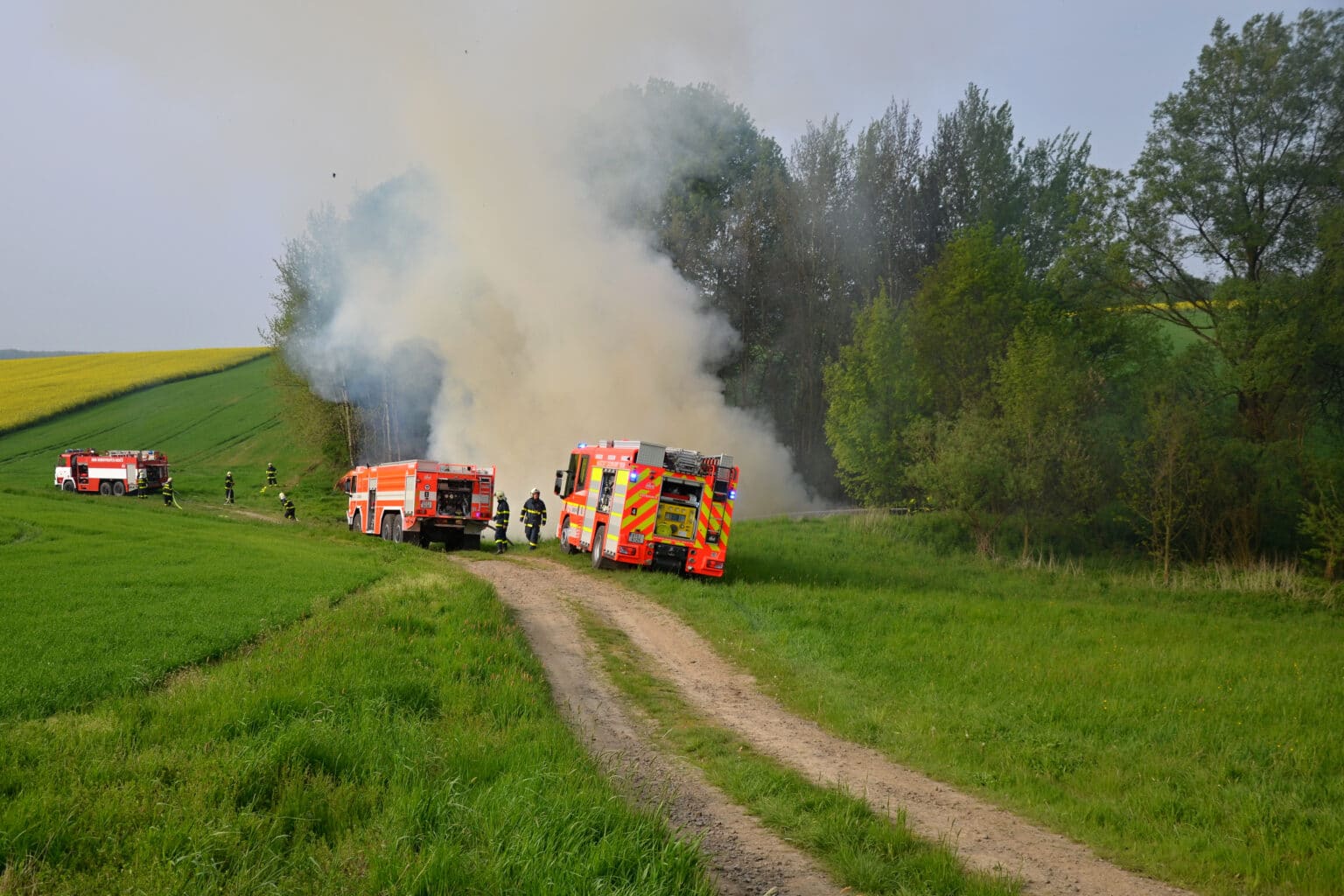Farm fire costs in the UK reach over £95 million
- December 9, 2022
- 9:16 am


Iain Hoey
Share this content
Leading rural insurer NFU Mutual has called on farmers to be prepared and have fire control plans in place as the cost of farm fires rose to £95.6m in 2021.
Electrical faults were the biggest known cause of blazes last year and large-scale farm arson attacks worryingly shot up from £4.7m in 2020 to £8.4m in 2021. Biomass boiler fires also continued to increase last year and as many installations begin to age, people are being urged to carry out regular maintenance checks.
Andy Manson, Head of Risk Management Services at NFU Mutual, said: “Farm fires put lives at risk, as well as cause disruptive and devastating damage to farm businesses.
“To help protect their businesses, farmers should put fire prevention and control plans in place, such as regularly reviewing their fire risk assessment and acting on the findings.
“Most fires are preventable by carrying out routine maintenance and inspection on heating systems, electrical installations and machinery, and controlling hot works within farm workshops.
“Implementing and maintaining good standards of housekeeping, particularly around the storage of combustibles and flammables such as hay, straw and fuels, will also reduce the risk of a fire spreading.”
NFU Mutual Rural Affairs Specialist, Hannah Binns, added: “We are very concerned about the risig cost of arson attacks, which is a frightening prospect considering farms are not only farmers’ place of work but often their family home.
“We are urging everyone to be on their guard and improve their security to help prevent their business going up in smoke.”
Five fire safety tips from NFU Mutual Risk Management Services
Have a plan in place – Put people at the heart of your fire plan and ensure everyone on site knows what to do in the event of a fire. The biggest priority in the event of a fire is to evacuate everyone safely, including people working in or living around the premises, taking special care to assist any vulnerable persons.
Don’t mess with electrics – Electrical faults are a major cause of fire whilst electric shock can cause death or severe injury. Don’t try and attempt electrical work yourself and always use a qualified and competent electrician for work and inspections. DIY modifications, poor environmental conditions (such as wet, damp or acidic atmospheres), rodents, overloaded sockets and simple wear and tear are common causes of electrical fires on farms.
Suppress the risk – suppression systems are a major game changer for the industry and play a critical role in detecting, containing and extinguishing fire. Whether you have a biomass boiler or a combine harvester, working in hot, dry conditions, fire suppression systems can save lives and property.
Keep on top of your housekeeping – Good housekeeping is absolutely essential to ensure materials and machinery are stored correctly and to eliminate dust and debris. The build-up of waste and materials not only adds to the fuel that can burn in a fire, but can block escape routes and cause trip hazards in an emergency.
Control hot work – Welding, cutting or grinding equipment, along with blow lamps and blow torches can produce sparks which can turn into fires if they hit a combustible material. If work can’t be done outside, ensure you are in a clear, open area and far away from combustible materials (including combustible building structures). Anyone carrying out hot works on your farm should be subject to a strict ‘Permit to Work’ system.



